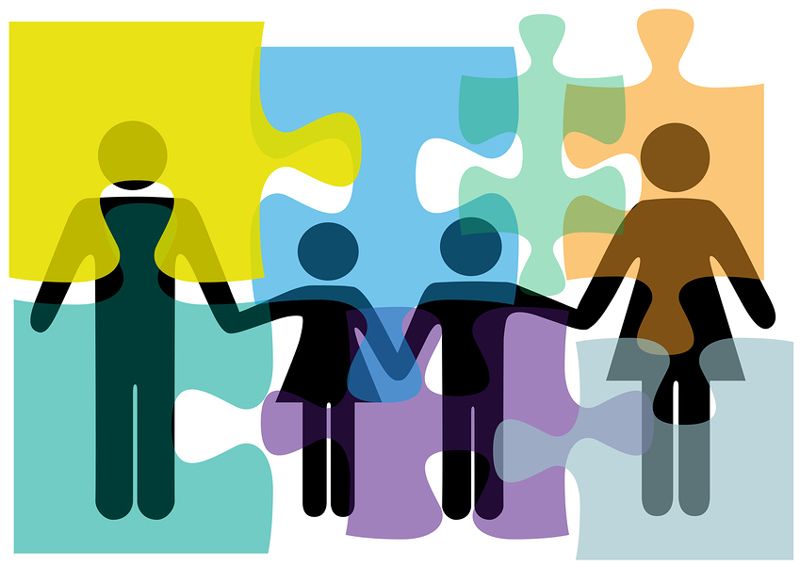Family systems therapy is a type of psychotherapy that focuses on the relationships and interactions within a family in order to understand and address psychological and emotional issues. This approach to therapy views the family as a complex system, in which the behavior and emotions of each individual member are interconnected and affect the functioning of the entire family.
The causes of problems within a family system can be varied and complex, but often stem from issues of communication, boundaries, roles, and power dynamics. For example, a family may struggle with unhealthy patterns of communication, such as criticism, blame, or avoidance. They may also struggle with issues of boundaries, such as a lack of privacy or difficulty setting limits. Additionally, issues with roles and power dynamics within the family can lead to problems, such as when one member is over-controlling or when family members take on roles that are not appropriate for them.
Treatment for family systems typically involves working with the entire family, rather than just individual members. This allows for a more holistic understanding of the issues within the family and for therapy to address the underlying patterns and dynamics that contribute to the problems. Techniques used in family systems therapy may include:
- Structural therapy: which focuses on reorganizing the family's structure and roles to improve communication and functioning.
- Strategic therapy: which focuses on changing specific problematic behaviors within the family.
- Communication therapy: which focuses on improving communication within the family and helping family members to understand and express themselves more effectively.
- Emotionally focused therapy: which helps family members to better understand and express their emotions and to improve their relationships with one another.
During the therapy sessions, the therapist will help the family members to identify the patterns of behavior and communication that are causing problems and to develop new, healthier ways of interacting with one another. This may involve role-playing exercises, homework assignments, and other techniques to help the family members practice new skills.
A central concept in family systems therapy is the idea of "homeostasis," which refers to the balance or equilibrium that a family seeks to maintain. When a family is functioning well, this balance is maintained and the family is able to function smoothly. However, when a family is struggling with problems, the balance is disrupted, and the family may experience dysfunction. Through therapy, the family is able to regain balance and improve its functioning.
Overall, family systems therapy is an effective approach for addressing a wide range of emotional and psychological issues within a family. By focusing on the interactions and relationships within the family, this therapy helps to improve communication, resolve conflicts, and promote healthy functioning.

